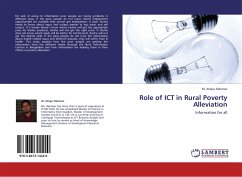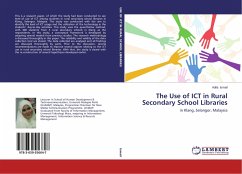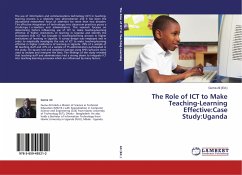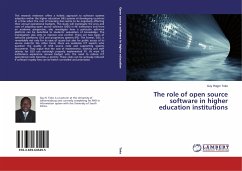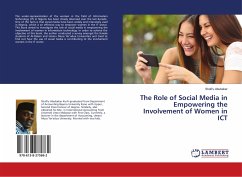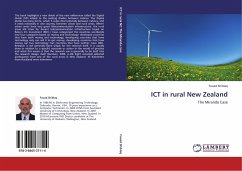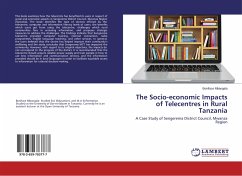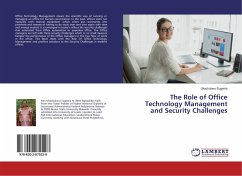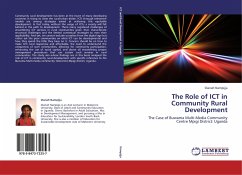
The Role of ICT in Community Rural Development
The Case of Buwama Multi-Media Community Centre Mpigi District: Uganda
Versandkostenfrei!
Versandfertig in 6-10 Tagen
32,99 €
inkl. MwSt.

PAYBACK Punkte
16 °P sammeln!
Community rural development has been at the heart of many developing countries in trying to close the rural-urban divide. ICTs through telecentre models are among strategies aimed at achieving this equitable development. In fact today, without the usage of ICTs, a society will fall behind in the path to development. There many registered challenges of streamlining ICT services in rural communities given their characteristic structural challenges and the limited contextual strategies to man their applicability. And yet; we cannot exclude ourselves from the digital age but rather ask the poor co...
Community rural development has been at the heart of many developing countries in trying to close the rural-urban divide. ICTs through telecentre models are among strategies aimed at achieving this equitable development. In fact today, without the usage of ICTs, a society will fall behind in the path to development. There many registered challenges of streamlining ICT services in rural communities given their characteristic structural challenges and the limited contextual strategies to man their applicability. And yet; we cannot exclude ourselves from the digital age but rather ask the poor communities on what ICT can be developmental and how they spend the little they have on it. Concern should be on how to make ICTs rural responsive and affordable, the need to understand the uniqueness of such communities, allowing for community participation, enhancing the use of social capital, and above all streamlining proper management procedures that can sustain such services in rural communities. The study aim whose findings are in this book analysed the role of ICT in community rural development with specific reference to the Buwama Multi-media community Telecentre;Mpigi district, Uganda.






